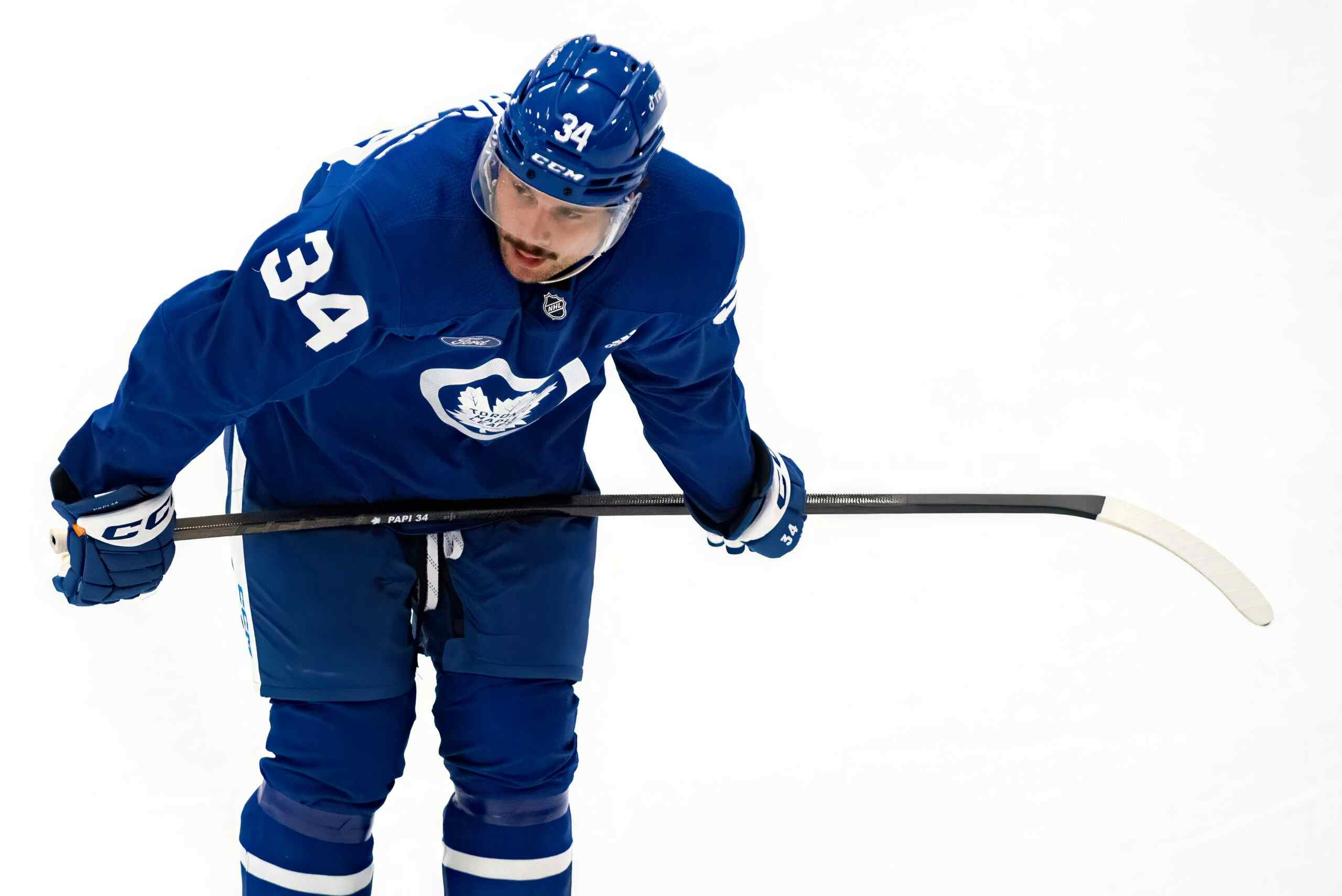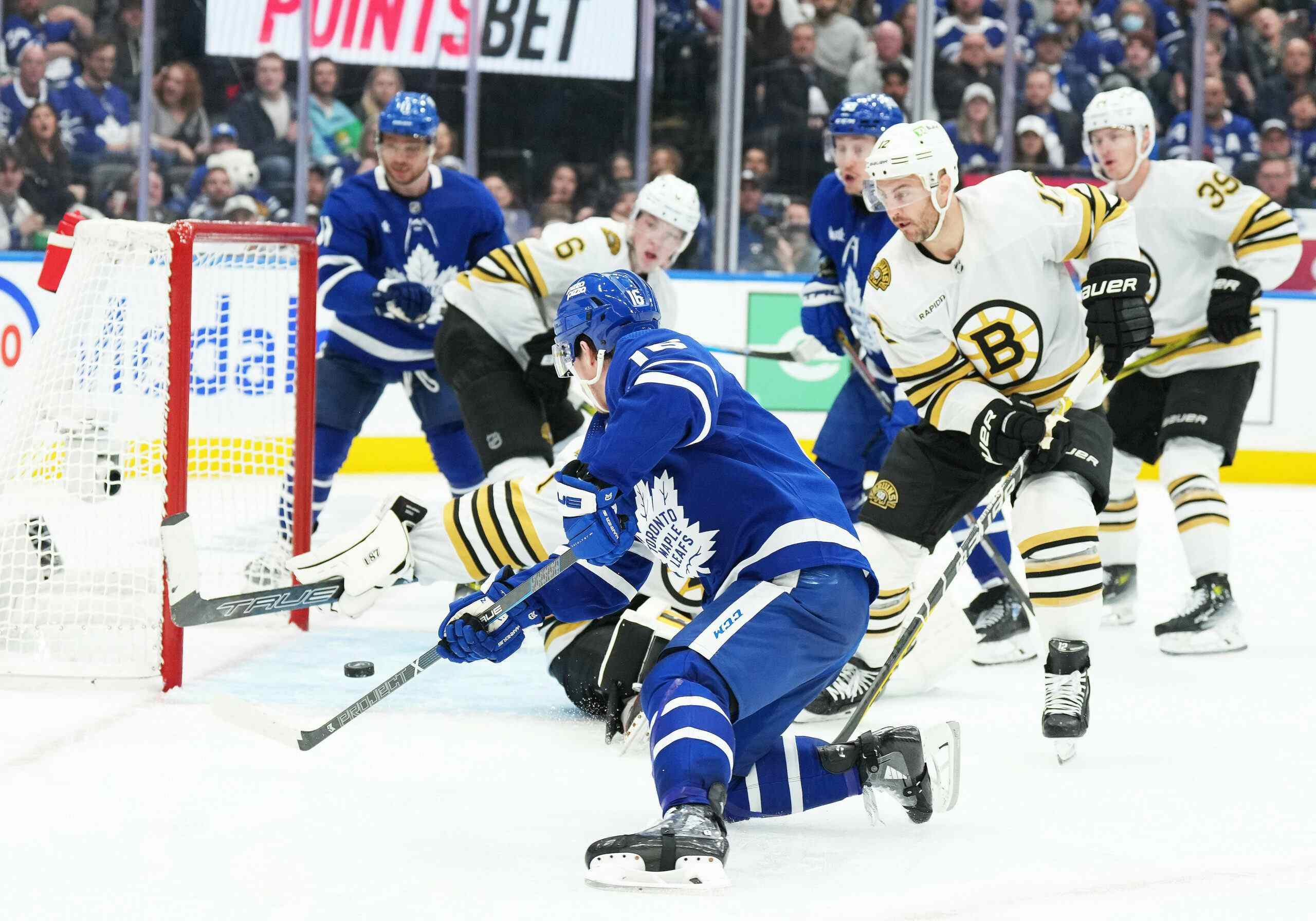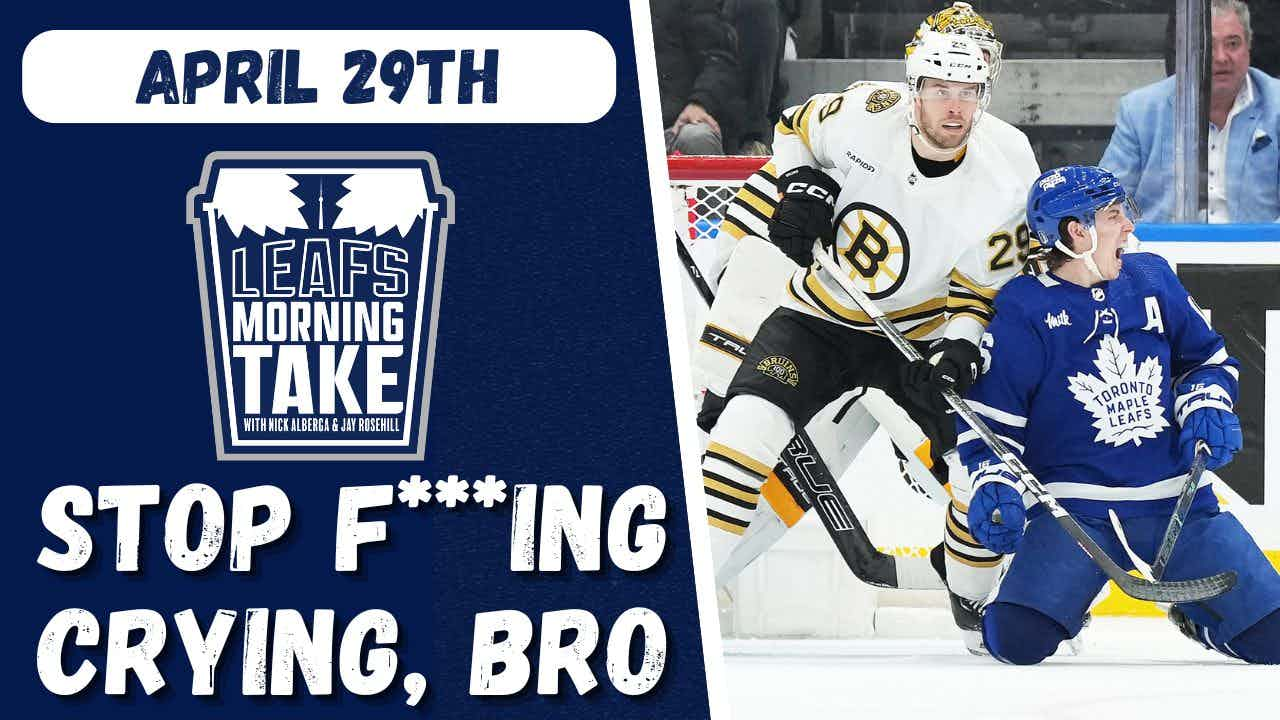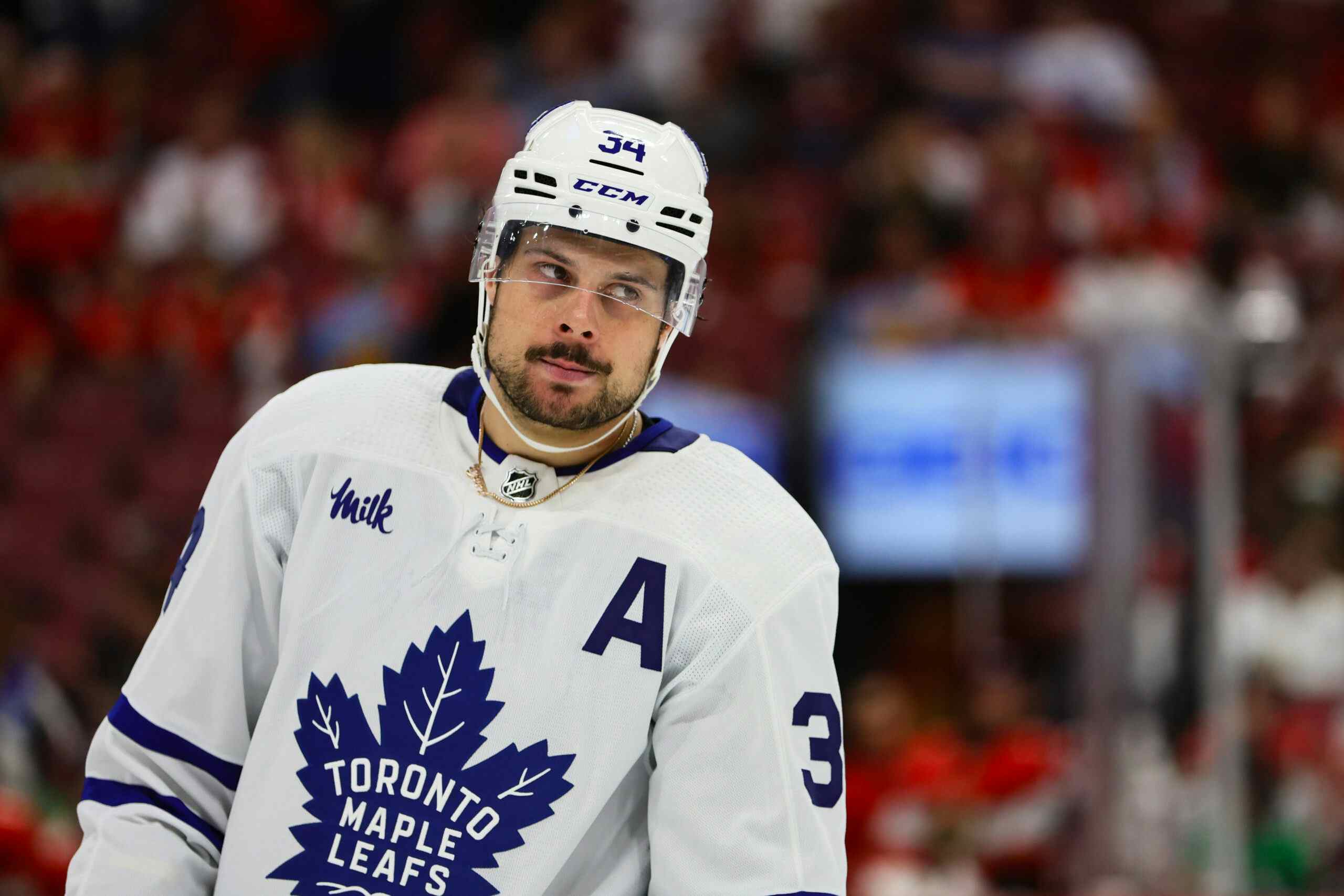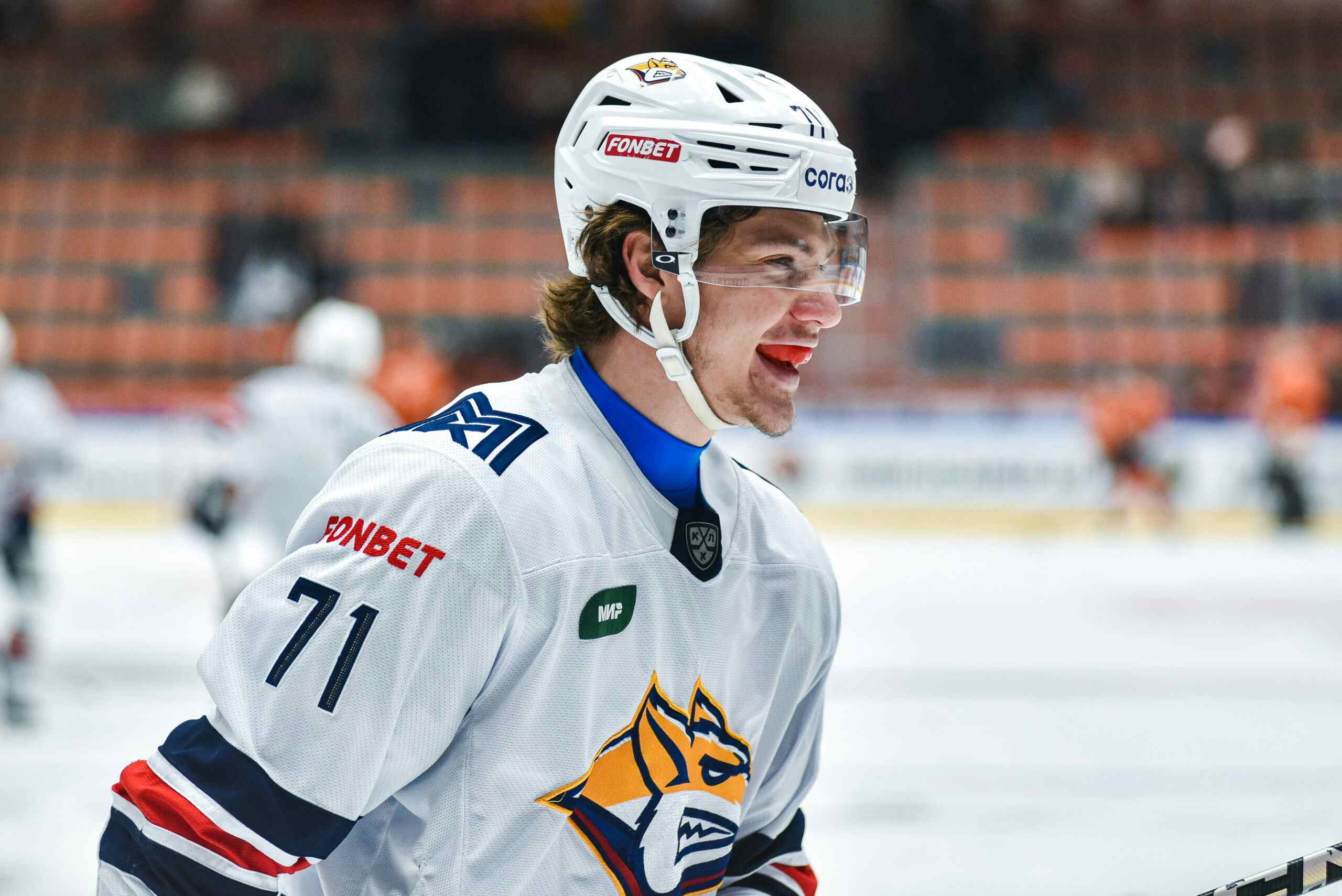More than just a game, more than just a bylaw

Photo Credit: Andrew McHenry / @Andrewmcsnap
This isn’t Leafs news, but it’s a local hockey-related story nonetheless. Yesterday, Toronto city council voted 35-2 to lift a decades-old bylaw against street hockey and basketball which gave the city ability to give steep tickets to those who played sports on its roads.
Now, the straw that broke the camels back is admittedly pretty dumb. They chose to lift the ban rather than issue tickets to a large group of families, walking distance away from me, actually, who set up portable basketball nets in the streets in front of their driveways (can’t have the ball hit the Lexus) and never move them off, even at night. Given that the adjustment still says no to playing between 8 PM and 9 AM, though, we’ll probably see those people rolling their nets back after sunset.
But let me tell you a personal story about why this has me excited.
I’ve never played organized hockey in my life. My dad suffered a major back injury while on the job when I was two and a half years old, so he wasn’t able to teach me how to skate. My mom was five months pregnant with my brother at the time, so working a ton of hours to make up for that wasn’t exactly in the cards. Taking lessons was a lower priority than eating, and getting me into leagues would’ve been even more challenging.
We were a “making ends meet” family for a number of years, but slowly started to be able to integrate the odd luxury or two into our lives. So for Christmas, my parents upgraded my brother and myself from mini-sticks to street hockey equipment, with a starter kit that included goalie equipment. As it turns out, my conspiracy theory that I’d be able to stop more as the chubby guy failed me, and a lack of reflexes and general fear of the ball meant we’d stuff somebody else in net most of the time. But it got us started.
We played with some regularity, but still somewhat sparingly. Our building was one block east of Dufferin Street and six or so blocks north of Eglinton West, so traffic from shortcutters was typical. Add some curves and blind spots to the roads, so taking the game to the road wasn’t safe. We played in our building’s parking lot, but the other tenants were fearful of their cars getting damaged. Eventually, we decided it was easier just to go to the park and play baseball and finally learn how to ride our bikes.

Fast forward to a few years later. My parents separated when I was 11, and a couple of years after that, the custody of my brother and I was split up – I was headed to live with my dad.
To say I was about to be in for rough years in my life was an understatement. I was starting in my fifth school in as many years. Being a shy, introverted big man who constantly had their environment changed wasn’t easy. I missed a lot of school days from Grade 8 onward because I’d wake up anxious to the point of nauseousness and pain, and when I would make it onto the bus down, skipping a class or two because I couldn’t internally deal with going through the door wasn’t out of the ordinary.
When I got home, though, I knew I had a net, my Wayne Gretzky Easton aluminum hockey stick with the Brett Hull road blade, and a few tennis balls waiting for me. Standing on my own, learning the newest NHL shootout move in front of an empty net for an hour or two a day wasn’t out of the ordinary. After all, I knew nobody else in the area, and the only way I would in that state of mind was if they came to me.
Eventually, that’s exactly what happened. Two of my neighbours, who were a few years younger than me, asked if the could shoot around too. I initially hesitated but decided I had no issue. They came back the next day, and the next, and eventually, their friends came too.
Shootarounds turned into games, and eventually, we had a regular group together. A group with a vast range of age, race, and gender, but we had a game and each other to unite us. The skill levels were up and down, but the more we played, the closer the beginners would get. Like clockwork, we’d assemble once everybody was out of school, and Bunnell Crescent, a little side street just off of Keele and Wilson, became the Northwest’s unofficial hockey arena on a daily basis.
That’s when we got the bylaw threat.

In fairness to our neighbours, only two out of a group of twenty of us actually lived on our block. With that considered, they wanted to take back the streets for their kids, who, as parents do, they felt deserved their share. So after a legitimate eight consecutive months of playing every single day, rain snow or shine, we were told by a contingent of three households to find a different spot or they’d call the police on us, citing that we could all be ticketed for playing if they made the call.
Seeing as our age range was 13-20, nobody could afford $90 for wanting to play street hockey. So we tried moving the games to a nearby block. But the streets were narrower, cars had more trouble seeing us, and if a ball landed on somebody’s property, they certainly had no idea who we were. So that didn’t work. We tried lugging everything to Roding Park, but carrying two nets, twenty sticks, and two full sets of goalie gear for two twenty minute walks in hopes of the tennis court being unused/unwatched was a bit insane. Not to mention, that park is a rather sketchy place to spend time at to begin with, as evidenced by a chunk of the group (myself included) being robbed at gunpoint while hanging out there a year later.
About a week or so into this “please don’t call the cops” charade, we set up shop again and hoped it was just a bluff. The next day, I woke up to a bunch of my sticks stolen, and the day after, they returned broken and stuffed into our hedges. We couldn’t prove it was the parents that did it, and we made no accusations, but at this point, my dad stepped in.
After all, what were we fighting about? Our group was doing our best to keep the noise down and the language clean. We mostly picked up after ourselves. Most importantly, what was the alternative? For most of us, these games weren’t just about laying claim to our daily trophy made out of a large pylon defaced with a sharpie. They were a place for the neighbourhood to gather, have fun, and stay out of trouble. Did it make driving down the street require a little more awareness? I’m sure. But it meant that a large group of teenagers in a not-overly-high income area were staying away from violence, substances, and general hooliganism. These games were making sure our worst crimes were punished with penalty shots, not handcuffs. It kept us all away from all sorts of demons and made us better people and closer friends for it. Besides, the kids of the other parents didn’t take advantage of the freed up street once during this trial period, which defeated the whole purpose.
Once that all sunk in, peace was soon found. We agreed to move the nets about 20 feet south to make it easier for the parents to park, and to keep working on keeping our voices down. The games continued for another year or so until we all started to move a little further away from the area (plus, once I left, most of the gear was gone).

From a personal standpoint, having those games gave me an opportunity to find new friends in an area and situation where I felt incredibly lonely. It kept me active in a time of anxiety, depression, and stress. It gave me something to look forward to on days where I didn’t have much. My teenaged years were still rough, but it’s because I had such a simple and frequent group activity that I enjoyed so very much that they were survivable.
I know I’m not the only one who’s been impacted by the game, even at this level. I look at everyone else in our group, who for the most part, continue to keep in touch with each other. When my dad passed away, many people in that circle reached out solely because they felt that our ability to keep playing kept them out of trouble. Even going past us, I look at the cross-country trips I did with Five Hole For Food, where we turned these type of games into organized but casual events to raise over a million pounds of food for food banks across the country. I look at the hockey talent we have across this country who developed their games not just on the ice, but with their friends on the pavement.
Even today, I look at kids like my 11-year-old cousin, who is a goalie on ice but started playing up front on the streets. He’s a right-handed shot, and he lives for the one-timer from the point, so we all yell “PK!” whenever he makes contact. When it turns into a goal, I swear you’ve never seen someone so hyped.
Ultimately, we’re talking about the dropping of a rarely-enforced bylaw for eleven hours a day on residential streets. On the surface, it’s not that big of a deal. But I couldn’t help but think back to what being able to play meant to our block, and what a disruption it would’ve been to us if the threats were followed through. Needless to say, I’m excited that games across the city aren’t at risk of that anymore.
Recent articles from Jeff Veillette

